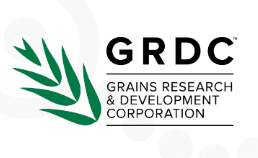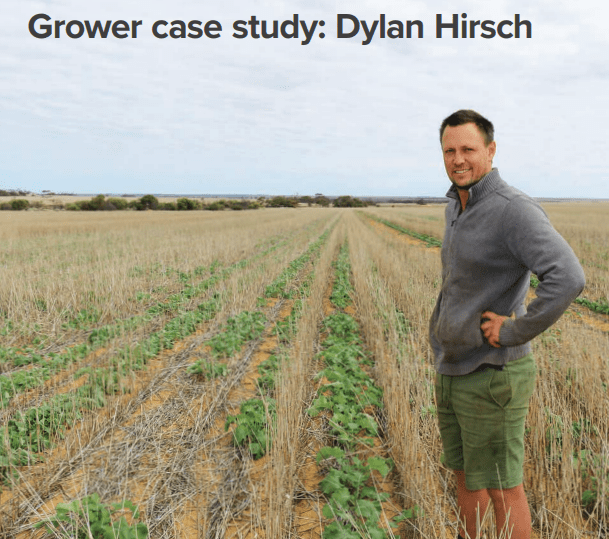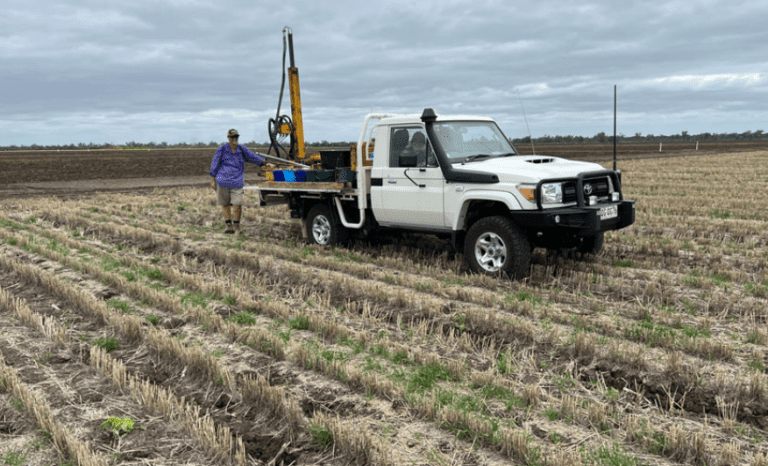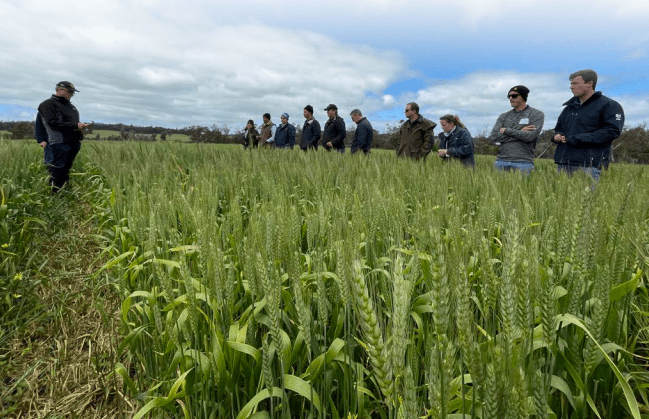Studies
This informational studies page delves into the fascinating world of no-till and zero-till farming systems, showcasing a variety of case studies and research findings. Explore this information to learn more about the research and data behind these systems and how they are transforming the way we approach modern agriculture.

Long Term No-Till Trial Delivers Data Legacy
The Western Australian No-Tillage Farmers Association (WANTFA) long-term field trial, which ran from 2006 to 2019, was designed to test and further develop high-quality no-till systems based on the conservation agricultural principles of permanent soil cover, minimal soil disturbance and diverse crop rotations.
GRDC: 24th March 2021
Read Here
Long-Term Economic Impacts of No-Till Adoption
No-till has long been considered a sustainable agricultural practice because of its potential to provide on-farm productivity benefits as well as off-site environmental benefits. However, “economic concerns” have been identified as one of the largest barriers to adopting no-till (i.e., costs associated with adoption possibly being greater than the returns in the short term). This study evaluates the long-term economic impact of no-till adoption using rich plot-level data from a long-term field experiment over the period 1996–2019.
Soil Security: Dec 2023
"Our results reveal that continuous no-till adoption generates positive economic benefits by reducing overall input costs. Moreover, the profitability of no-till increases as one continuously uses this practice over an extended period of time. Furthermore, because continuous no-till can be both economically and environmentally attractive, our results are consistent with recommendations to support long-term adoption of continuous no-till management."
Read Here 
Stubble Management Fact Sheet
GRDC: March 2011
Read Here
Search for Sustainability with No-Till Bill
They say change produces friction and action creates reaction. This is a story of all these issues.
2010
Search for Sustainability with No-Till Bill in Dryland Agriculture, has several valuable and unique features.
Read Here 
An Evaluation of Carbon Indicators of Soil Health in Long-Term Experiments
Soil organic carbon (SOC) is closely tied to soil health. However, additional biological indicators may also provide insight about C dynamics and microbial activity.
Soil Biology and Biochemistry: 2022
An evaluation of carbon indicators of soil health in long-term agricultural experiments
Read Here 
Risk & Reward - Early Sown Canola
Dylan and his family farm 5800
hectares near Latham in WA’s northeastern wheatbelt. The family farming enterprise was previously a cereal dominated system; however, over the
past 12 years the Hirschs have added
and increased their canola program, with
50 per cent of it going to canola in 2021.
GRDC Case Study: 16th Jan 2024
The Hirschs' of Latham, have also developed the confidence to sow canola earlier and
earlier; they now have everything ready
to go by 20 March in case an opportunity
arises. In the past three years, they have
had canola in the ground in March and
have had pleasing results more often
than not.
Read Here 
Zero-Till Cropping and Added Manure Strategy
A conservative zero-till cropping strategy with added manure and high nitrogen applications has proven to be the best-performing system to maximise returns in Central Queensland.
GRDC Study: 22nd March 2024
GRDC’s Northern Farming Systems project has been experimenting with different systems for nearly a decade.The Northern Farming Systems project concentrates on how farming systems’ modifications affect water use efficiency, nutrient balance and nutrient use efficiency, changes in pathogen and weed populations, changes in soil health, and profitability.
Read Here 
Case Studies - Spring/Summer sown crops
The 2021 season was subject to extreme waterlogging, resulting from above-average 2020-21 summer rainfall followed by consistent rain in autumn 2021. This resulted in a significant yield penalty and,
in places, total crop loss. In some areas, paddocks were too wet for machinery and sowing of the winter crop was not possible.
GRDC Study: 2021
This project, with GRDC investment, aimed to provide this information and increase grower awareness of spring and summer
cropping options available to them and how they would perform within their region after a waterlogged growing season.
Read Here 
No-till establishment of forage crops
"Preparation is the key to success in no-till plantings".
Article by Gary Bates
Extension Forage Specialist - University of Tennessee
Progressive Forage: 2011
"Good no-till drills need to be able to place seed at the right depth, at the right rate and in good contact with soil. They need to do this across a wide range of soil-water contents, soil types, slopes and residue cover."
Read Here 
NT Fodder Production Guide
A comprehensive guide designed
specifically for fodder growers
in the Northern Territory. This
guide serves as a guide for
growing top-quality hay using
best practices tailored to the
unique conditions of the Northern
Territory.
Northern Territory Fodder Production Guide By NT Farmers Association
"Whether you're a seasoned
grower looking to refine your
techniques or a newcomer
eager to embark on a journey in
fodder production, the "Northern
Territory Fodder Production
Guide" is here to support."
Read Here 